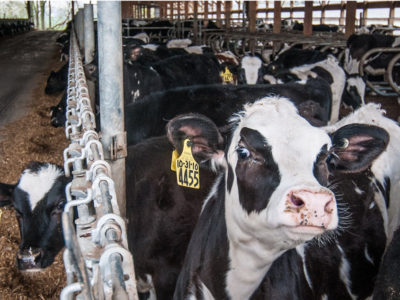Items Tagged with 'Highly pathogenic avian influenza'
ARTICLES
USDA to require biosecurity audits for infected poultry operations
Rule targets facilities that want indemnity payments
Read More
CDC can't determine how Missouri man became infected with bird flu
In California, no sign herds were infected by migrating birds
Read More









